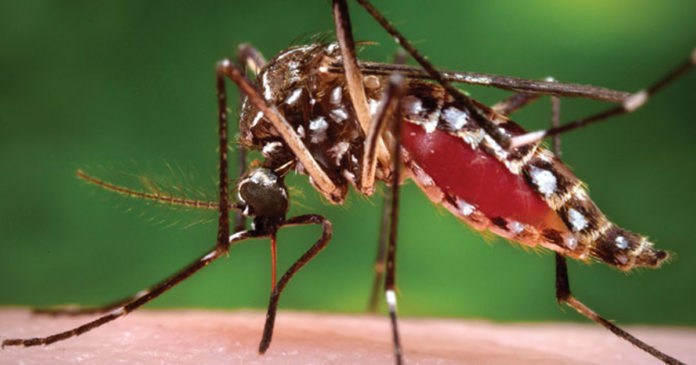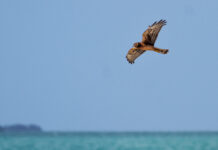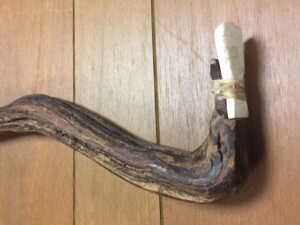
Oxitec, the company that aims to control the population of disease-carrying mosquitoes by releasing genetically modified “friendly” mosquitoes, received approval this week from seven Florida agencies and departments to begin scientific trials as part of a pilot project in the Florida Keys.
The proposal has been a contentious one in the Keys island chain, and the board of the Florida Keys Mosquito Control District will hold a virtual workshop at 1 p.m. on Tuesday, June 23 to ask questions and get more information from Oxitec officials.
An educational workshop for the public also will be announced in the coming days, and will enable community members to ask questions and voice concerns.
Oxitec’s goal for the Florida Keys is to reduce and control the Aedes aegypti mosquito population, which transmits disease, including dengue fever, Zika, chikungunya and yellow fever.
This reduction would be achieved by releasing “Oxitec’s Friendly™ safe, non-biting male mosquitoes” into the Keys’ mosquito population.
“The modified Friendly™ mosquitoes are designed to suppress local wild populations of disease-spreading mosquitoes,” states Oxitec’s website. “Friendly™ mosquitoes carry a self-limiting gene, which means that when Friendly™ mosquito males mate with wild females, they pass a copy of the gene to their offspring, which prevents females from surviving to adulthood. Since these females do not mature to reproduce, there is a reduction in the wild pest population. Male offspring do survive, carrying a copy of the self-limiting gene; in turn, these males pass the self-limiting gene to half of their offspring, of which female carriers of the gene cannot survive.”
According to the company, “Federal and state regulators carried out exhaustive scientific reviews to confirm that Friendly™ mosquitoes pose no risks to human health or the environment, including fish and other aquatic life, birds, bats, plants, invertebrates or endangered species.”
Oxitec CEO Grey Frandsen said, “There is broad consensus amongst public health officials in the U.S. that a new generation of safe, targeted and cost-effective … control tools are needed…to combat the growing threat posed by Aedes aegypti without impacting the ecosystem,” Oxitec CEO Grey Frandsen said. “We’re pleased that the EPA and Florida state regulators have, after extensive scientific reviews, approved our demonstration trials and we look forward to continuing the collaboration with our local partners as they take up the matter.”
Florida state health officials in Miami-Dade County last month reported the year’s second locally acquired case of dengue fever. The first case in 2020 was acquired in the Florida Keys.
Dengue can present as a severe flu-like illness with severe muscle aches and pain, fever and sometimes a rash. Usually, there are no respiratory symptoms. Symptoms of dengue appear within 10 days of a person being bitten by an infected mosquito. Dengue fever is not contagious from person to person, but is transmitted by the bite of an infected Aedes aegypti mosquito.
In 2019, 16 cases of locally acquired dengue fever were reported in Florida. Miami-Dade County saw 14, Hillsborough and Broward counties reported one each.
























